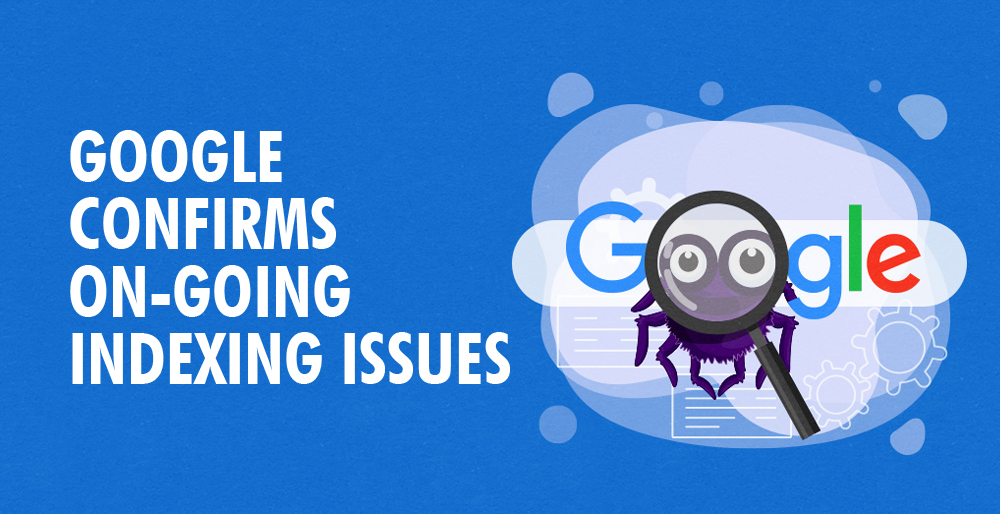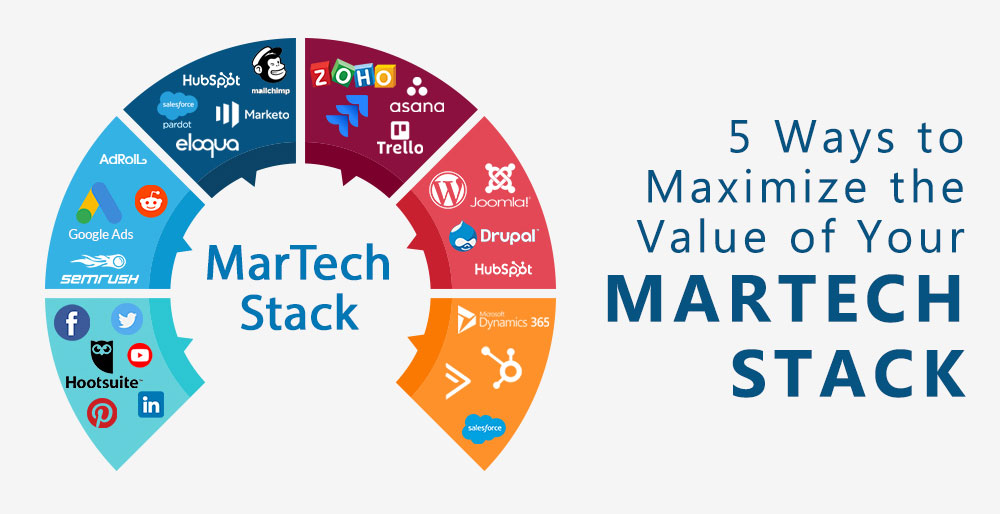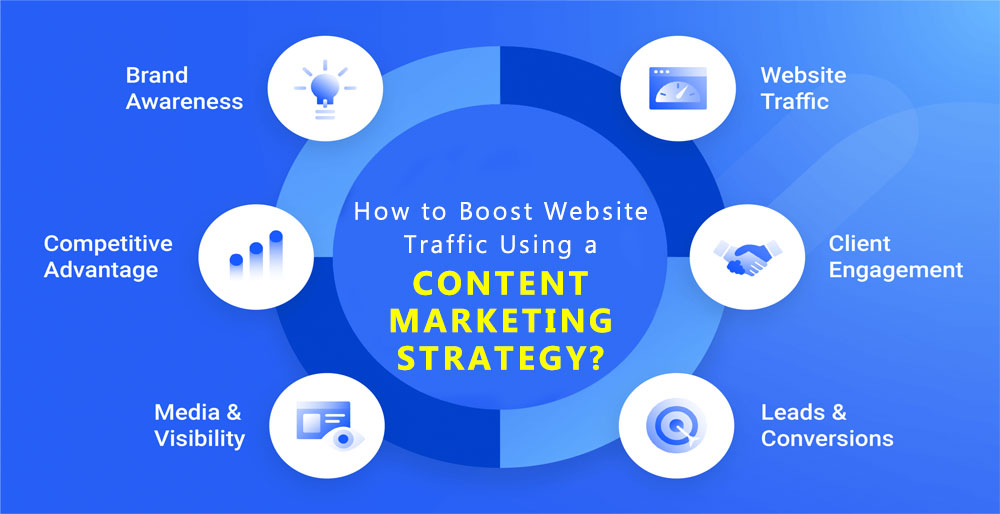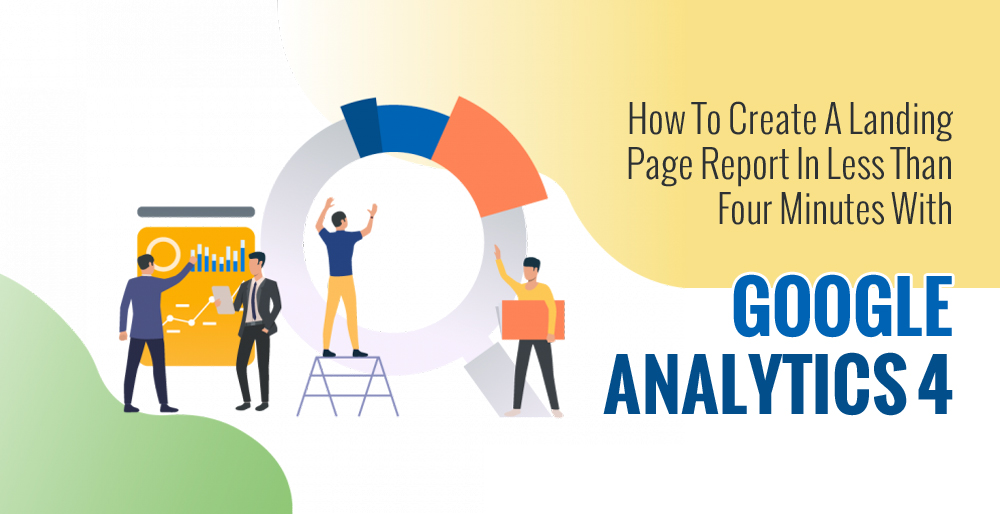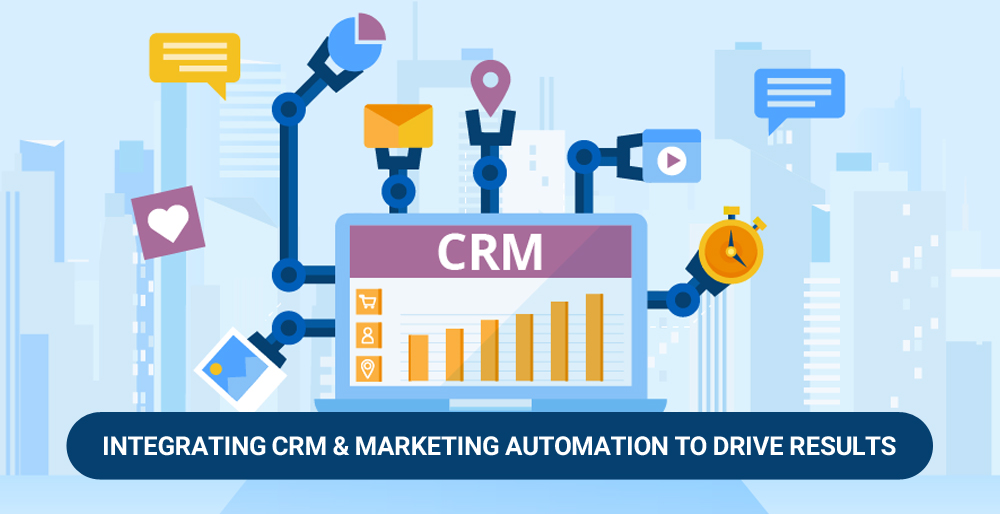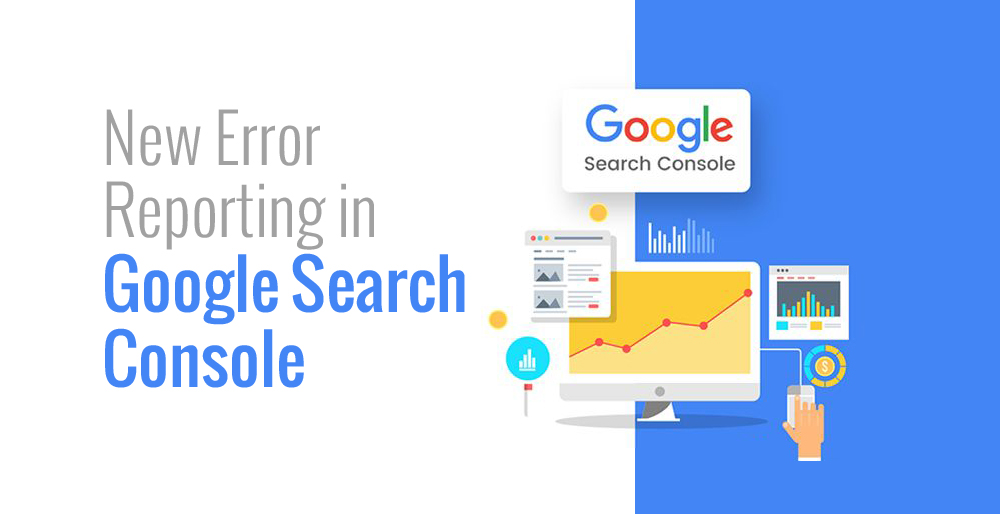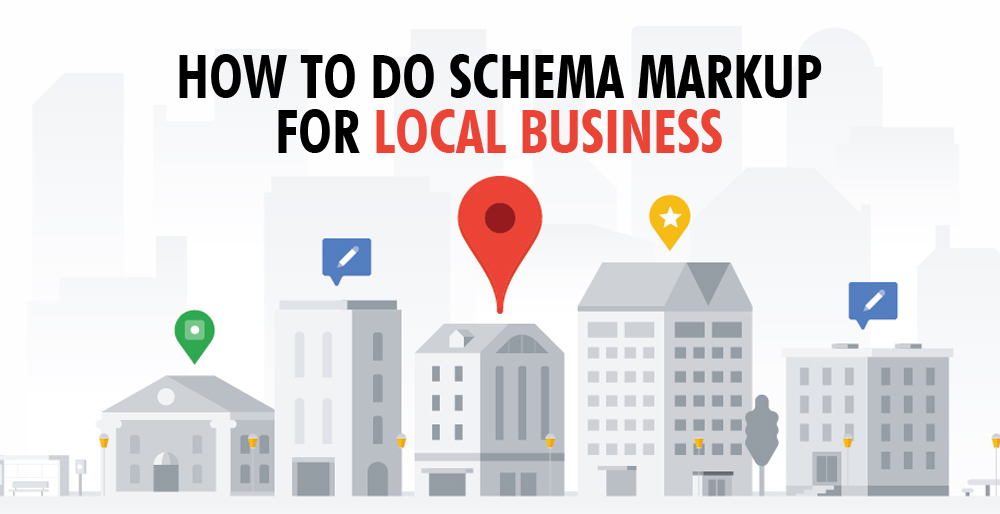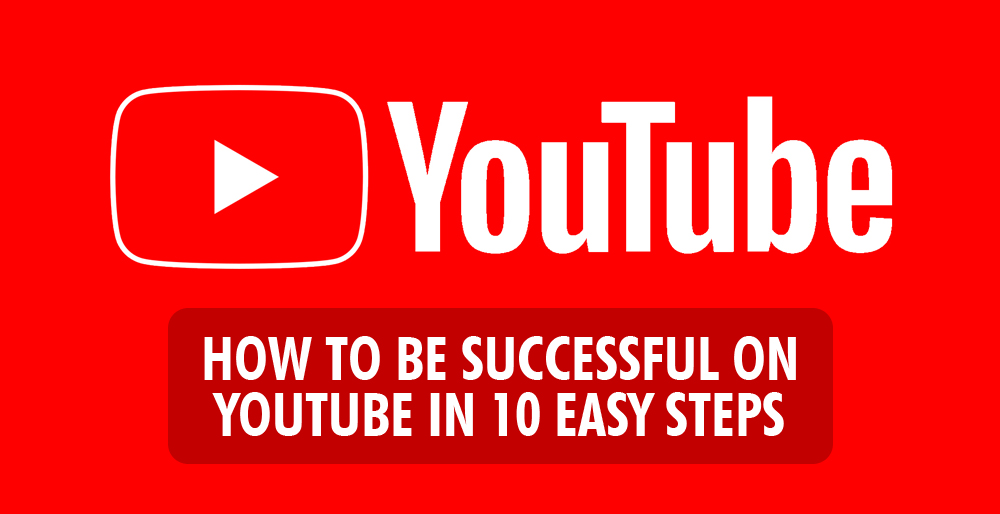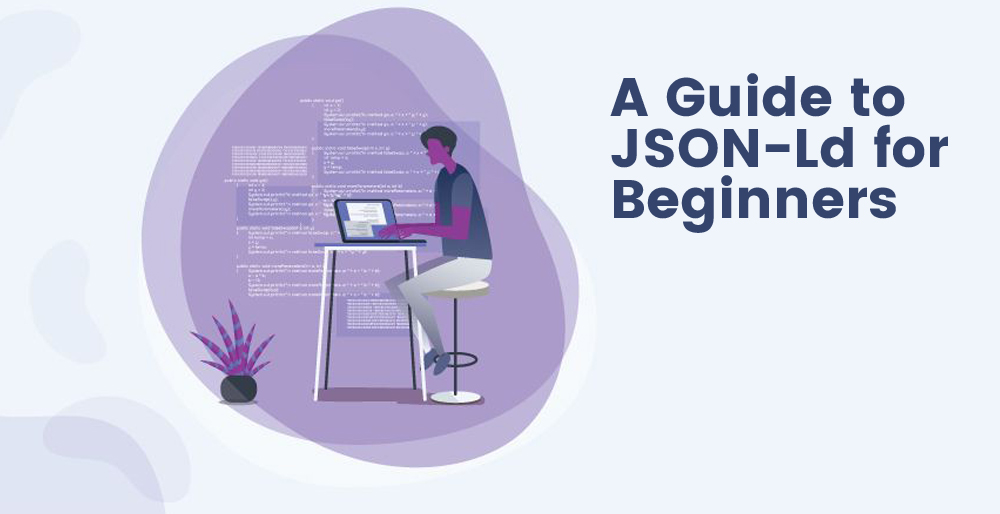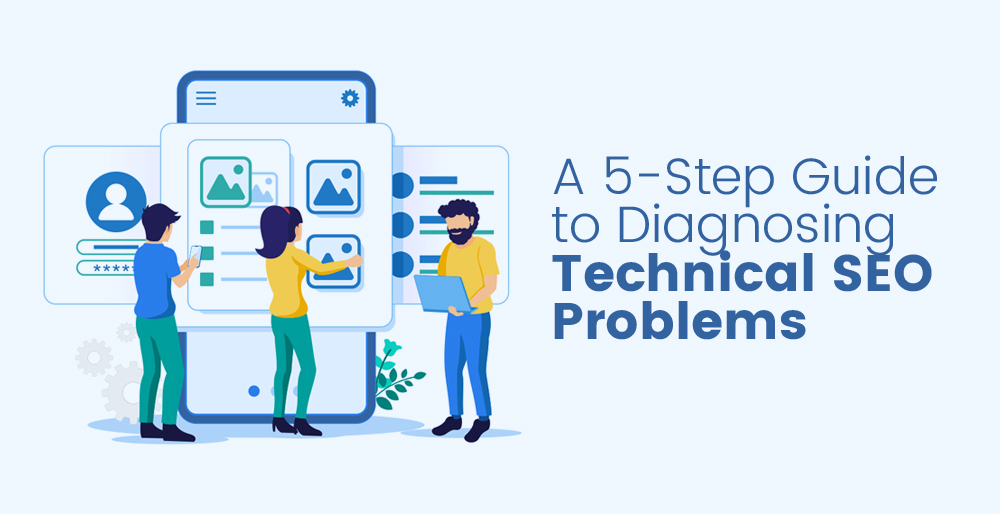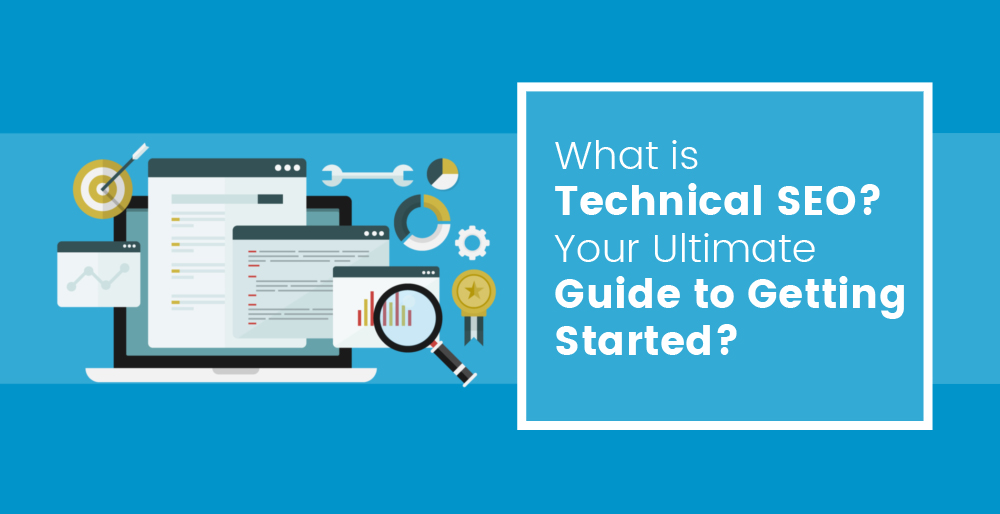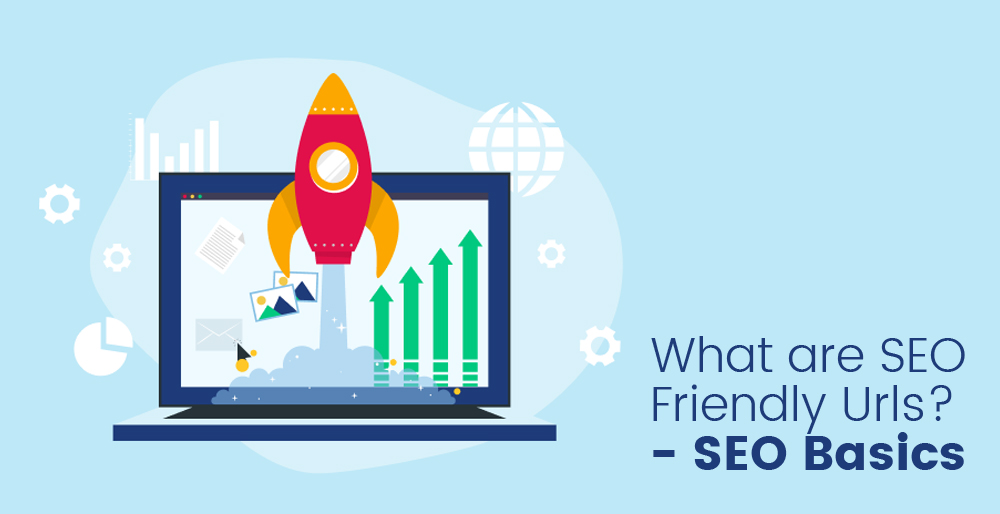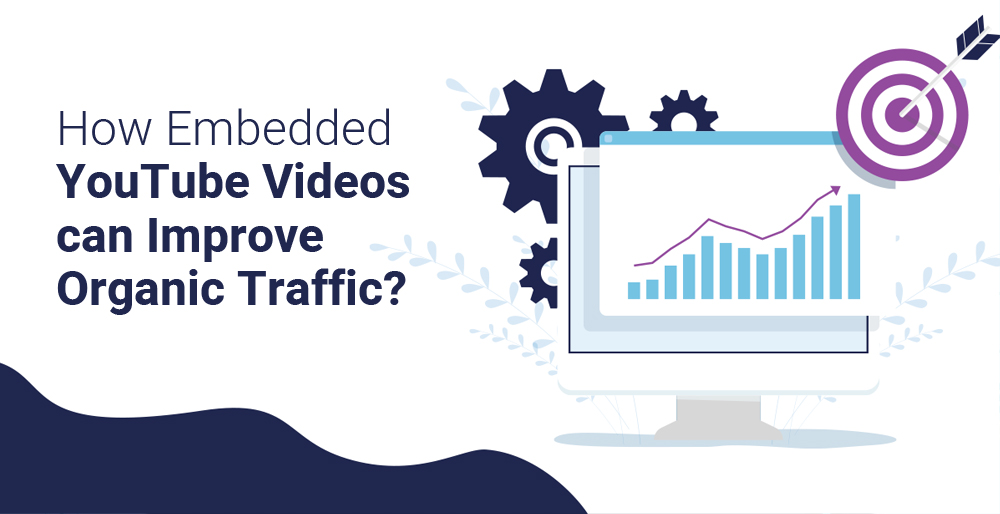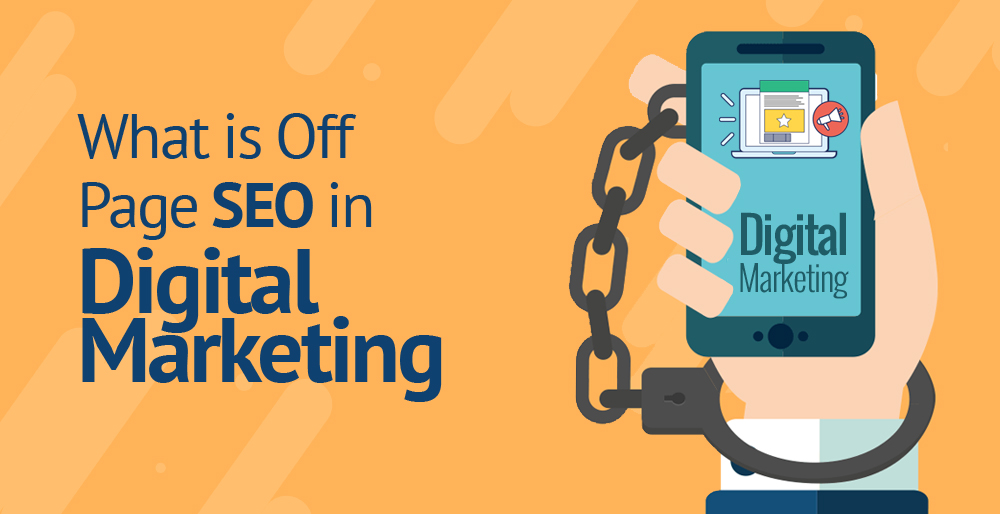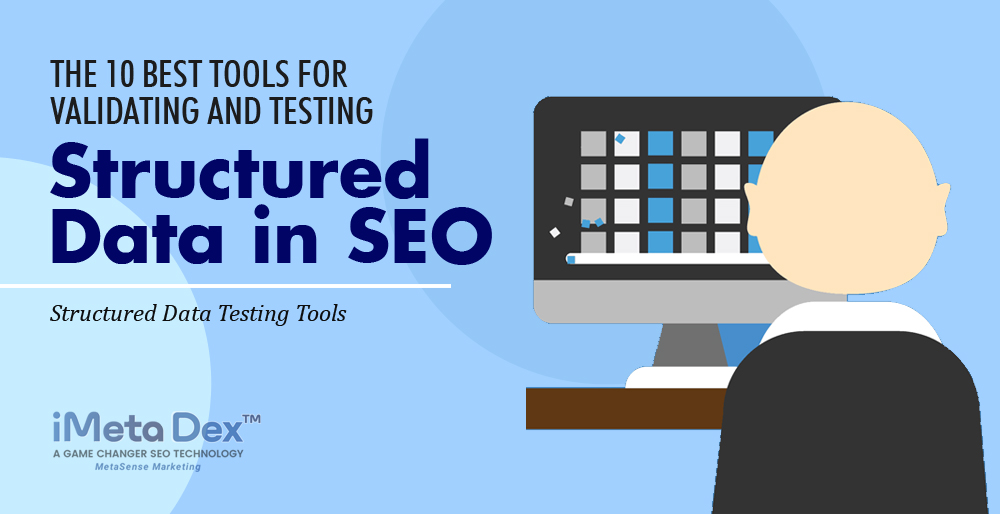Why is Google’s indexing outage happening?
According to our observations, Google search is not index or show new content published after the 16th of July (AEST). In other words, Google doesn’t show any new content posted within the last 12 hours.
If you haven’t published any new content in the last 24 hours, you won’t notice any disruption in how that content is served or how users interact with your website. You may have noticed that new content hasn’t been indexed for users who have published new content.
Google’s decision will impact news websites that rely on it to deliver new content promptly. No organic traffic may be generated by time-sensitive articles published around recent news events.
How will this affect my search engine rankings?
Existing pages will not be affected by the change. Over the past 12 hours, no significant changes in search rankings have been reported as a result of Google’s indexing issue.
Websites publishing a high content volume will be the only ones affected by the indexing issue. You will not experience any effect on your rankings or traffic if you run an e-commerce or blog site or if you run a general business website. Content is taking longer to index/is not indexing at this stage, which is the only change you may notice.
If Google fixes the indexing issue, how long will it take?
It will take approximately 12 hours for Google to correct the indexing issue in Google, according to the Google Search Liaison Twitter account. In Google, we are seeing some new content indexed at the time of writing this article (2 pm 16th July AEST).
If In Google, you can search for “site:yourarticle.com” if you published content within the last 24 hours. Your article will appear in search results if it appears in search. The slow indexing rate you’re experiencing may not be the result of the glitch reported by Google – it may simply be the result of a slower indexing process.
Does Google have an isolated indexing issue?
It appears that Google has reported an isolated indexing issue.
However, it is important to note that indexation rates have been significantly slower for new content across the board than they were a year ago. Content indexing is taking longer than ever before, as an SEO agency that publishes content across multiple sites and industries. In addition, Google requires higher quality content for its search results.
Google’s index lead times were outlined in an article published in 2022. As more and more users head to Google to find out how long it takes to publish new content, the number of visits to this article has skyrocketed. In 2022, users may experience extended indexing times, which is closely related to increased traffic to this article.
What can I do to improve Google’s indexing rates?

The 2020 article mentioned above provides valuable insight into how we help our client’s index new content quickly. Here are some of the best pieces of advice:
- Make internal links a priority
- Check the search console for errors related to website crawling
- In the search console, pay attention to Google’s indexing report
- Maintain a regular content update schedule for your website
- Rank higher by earning links
- Enhance the technical SEO and structure of the site
- Social media platforms should be updated with new content
How does a search index work?
Users can quickly find information on a website using a search index. A search query is mapped to a document or URL that might appear in the results.
Do you find this confusing? Here is a simpler way to describe it:
An index might be familiar to you from a traditional medium: books. A book’s index is a great way to find relevant information in a large book quickly.
A book’s index usually includes an alphabetized list of keywords at the end. In each keyword, you will find helpful information regarding the keyword on the page corresponding to that keyword.
For instance, you might have several hundred pages in a book about animals. In your search for information about “cats”, you want to learn more about them. Look up the pages that mention “cat” in the index (p. 17, 89, 203-205) and read up on them.
Similar to a book’s index, a search index works similarly. By using a keyword, users can find helpful information quickly. A web search index offers many technological advantages over a book search index, including great tools to quickly help website visitors find what they are looking for.
What is the process of making search indexes?
Authors, editors, and professionals specializing in indexing, called indexers, create book indexes. To ensure that keywords point to the most relevant pages in the book, they analyze the book’s content.
The software automates indexing. Search engines create search indexes for websites using crawlers, also known as web crawlers and web spiders. Crawlers visit websites and collect content from their pages. An index is then created from this data.
In our example, if you search on Google for “cat”, you will see several pages and URLs that contain relevant information. Because websites are constantly being created and updated, a search index is dynamic, unlike a book index, which is static because a book’s content doesn’t change.
Furthermore, a book index has a fixed number of search terms. Web searches include all keywords and support combined queries. It is possible to search for “cat video” and get relevant results in the search index.
An index returns search results in what way?
The search engine will find documents that include the search query if the user types in a search query. There is a title, a summary of the content, perhaps a picture, and a link to the web address in the results returned from the index.
Native searchers are available in some cases, which access the CMS’ database. Due to the lack of an index in the database, results will appear slower than if the database was indexed.
What a search index can do for your website

Search engines automatically collect your website’s content. The results of your search are prioritized according to an algorithm. On the results page, some results will appear before others because they will be given more weight.
You can enhance your search results with different features when you use a site search provider.
Managing results and adjusting rankings
Your rankings at Add Search can be managed and adjusted through three main features: site areas, pinned results, and promotions.
Site Areas: This feature allows you to select which parts of your website to emphasize and which you want to emphasize less. If your user is more likely to find relevant information in support articles, you might want to display them before any blog articles. In addition to excluding certain pages from search results entirely, you can also exclude certain pages from showing up at all. This feature affects not your Google search, but only the internal site search.
Results that are pinned on the top of the results page will appear at the top of the results page. In the first step, you select a keyword and the page that should appear first in the Google search. Several pages can be pinned and ordered accordingly. Users won’t be able to tell that they are looking at a pinned result since it appears as a regular result.
Promotions: Like pinned results, promotions will appear at the top of the result page. Multiple keywords and pages can be selected for promotions. Additionally, you can make the promotion visually appealing for your visitors by using several design elements, such as background colors. Temporary promotions, such as those for Christmas, are possible.
The personalization process
Each website visitor can have their results customized. User preferences and browsing histories are taken into account when personalizing search results.
Despite searching for the same keyword, all users arrive at a website with a different purpose,s, and their expectations for the results can differ significantly. In the case of a vegetarian searching for a “pasta recipe,” the results might show details for a vegetarian sauce, while a meat-eater would see a Bolognese sauce.
A user-specific search result improves your website’s user experience, increases happiness, and, ultimately, drives conversions.
The Add Search plugin also offers advice on personalization settings to ensure that each user’s experience is tailored to their preferences. You can reach out to our Sales team for more information about this.
API and user interface for searching
If you want to alter your user interface for site search to a more advanced and personalized design, you can use Add Search to crawl your site and provide your search index. By customizing your search results page, you can cater to the needs and wants of each visitor.
An indexing API could be provided to the crawler as an alternative. New content can be continuously injected into the results through this method. This solution would benefit from a website that includes live streams or regularly updated content (like a news site or video platform).
Data Analytics
You can provide your users with exactly what they are looking for by using Analytics. Search analytics can provide valuable insight into how your users use the search: how often they search, what they search for, and whether they can find what they are looking for.
You can then create content that gives your users exactly what they want. You can find information about your most popular, non-click, and keywords that don’t return any results in your analytics. You can integrate all your analytics in one place with Add Search, as it supports Google Analytics, Adobe Analytics, and Matomo.
A personalized “human touch” to your search results is similar to having an editor pick up keywords for the index of your book.
How do we proceed?
I can tell that Google should be able to fix this indexing issue within the next twelve hours. The quality of your website content may need to be reviewed if you are experiencing ongoing content indexing issues. You need to create attractive, highly relevant, and new content to satisfy user search queries in 2022 because getting new content published will be more complex than ever. Leave this hard work to us at iMetaDex. With iMetaDexTM coding and creative and engaging content relevant to your industry, MetaSense Marketing brings cutting-edge technology to the SEO process. Your website is backed up by solid and authoritative backlinks created by iMetaDex.
To learn more about iMetaDex™, click here.
MetaSense Marketing Management Inc.
866-875-META (6382)
support@metasensemarketing.com

